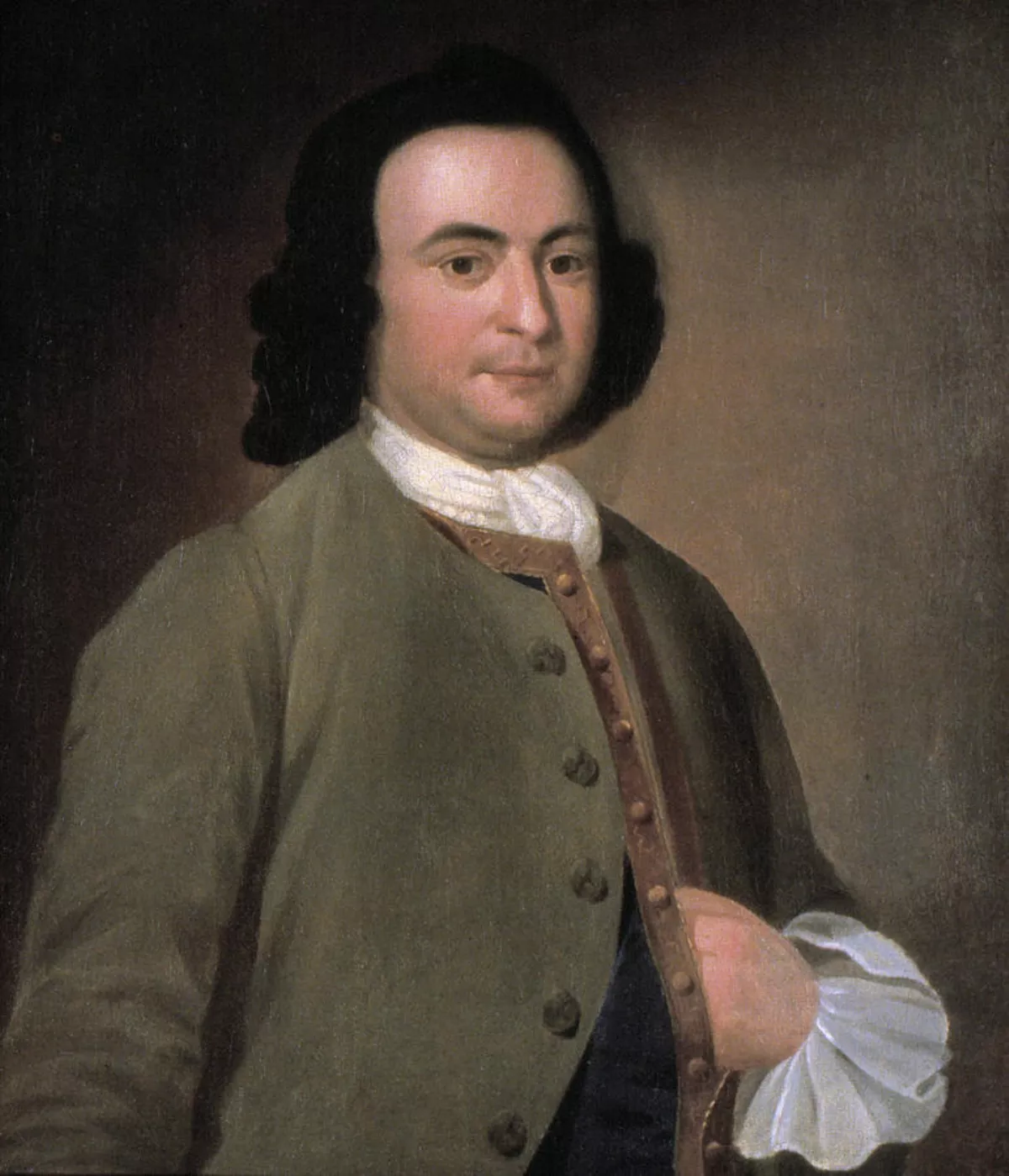 1.
1. George Mason's writings, including substantial portions of the Fairfax Resolves of 1774, the Virginia Declaration of Rights of 1776, and his Objections to this Constitution of Government opposing ratification, have exercised a significant influence on American political thought and events.